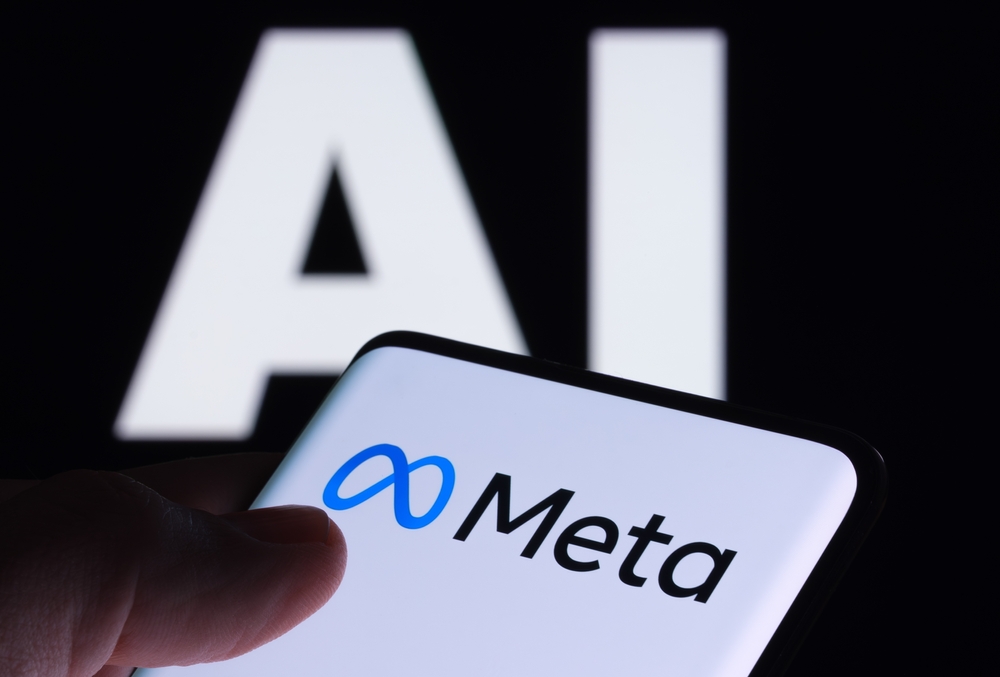
In a bid to remain at the forefront of artificial intelligence (AI) development, Meta, the parent company of Facebook, has set its sights on a new AI model that could potentially rival OpenAI’s GPT-4, the latest iteration of the renowned chatbot. According to a recent report by The Wall Street Journal, Meta is making significant investments in AI training chips and data center infrastructure to create a robust and sophisticated chatbot.
The plan is to commence training this formidable language model in early 2024. CEO Mark Zuckerberg is reportedly enthusiastic about making it accessible to companies building AI tools, a move that aligns with Meta’s overarching mission of advancing AI and promoting its widespread use.
To achieve this goal, Meta is procuring more Nvidia H100 chips, which are essential for AI training. This investment in hardware signifies Meta’s commitment to developing AI capabilities in-house, reducing reliance on external cloud platforms like Microsoft’s Azure for AI model training. This strategic shift provides Meta with greater autonomy and control over its AI development endeavors.
This initiative appears to be a natural progression of Meta’s ongoing work in generative AI. In June, reports emerged of a chatbot for Instagram with an impressive repertoire of 30 personas. This aligns closely with the rumored development of AI “personas” that Meta is expected to unveil soon. These personas are anticipated to enhance user interactions and engagement across Meta’s platforms.
However, Meta is not without its challenges in the AI space. The company is reportedly experiencing significant turnover among its AI researchers, primarily due to the allocation of computing resources across multiple large language model (LLM) projects. This resource division highlights the intense competition within Meta to advance AI capabilities.
Furthermore, the field of generative AI is fiercely competitive. OpenAI announced earlier this year that it has no immediate plans to train GPT-5, suggesting that even maintaining pace with GPT-4’s capabilities is a formidable task. Apple is reportedly investing substantial sums daily in its AI model “Ajax,” which claims superiority over GPT-4. Google and Microsoft are increasingly integrating AI into their productivity tools, with Google eyeing generative AI for Google Assistant. Amazon is also actively pursuing generative AI for potential applications in a chatbot-based Alexa.
In this dynamic AI landscape, Meta’s determination to set GPT-4 as the benchmark for its next AI model underscores the company’s commitment to AI innovation. As Meta takes on the challenge of developing a chatbot to rival the best in the field, the tech world eagerly awaits the next breakthroughs in AI technology and their potential impact on digital interactions and user experiences.


